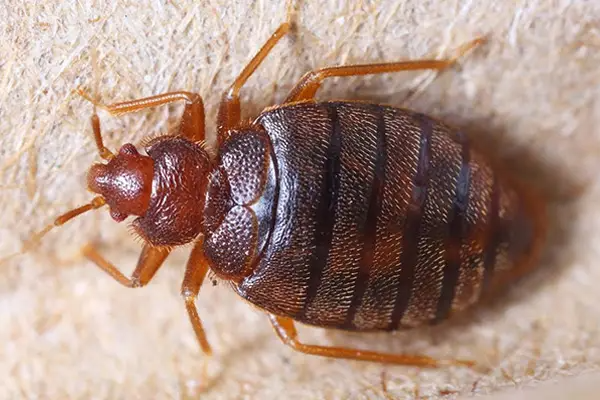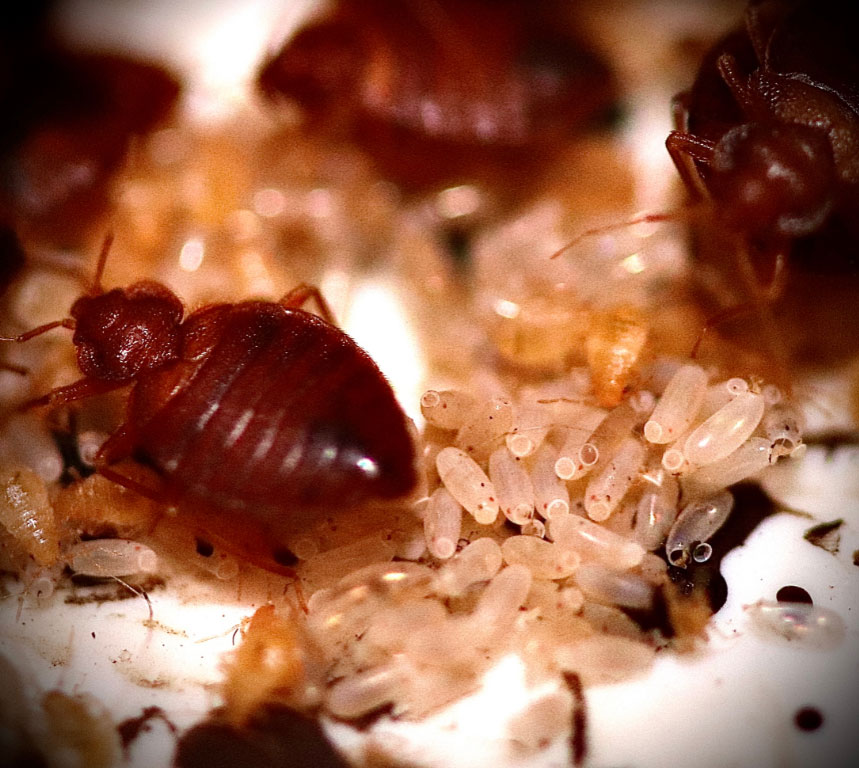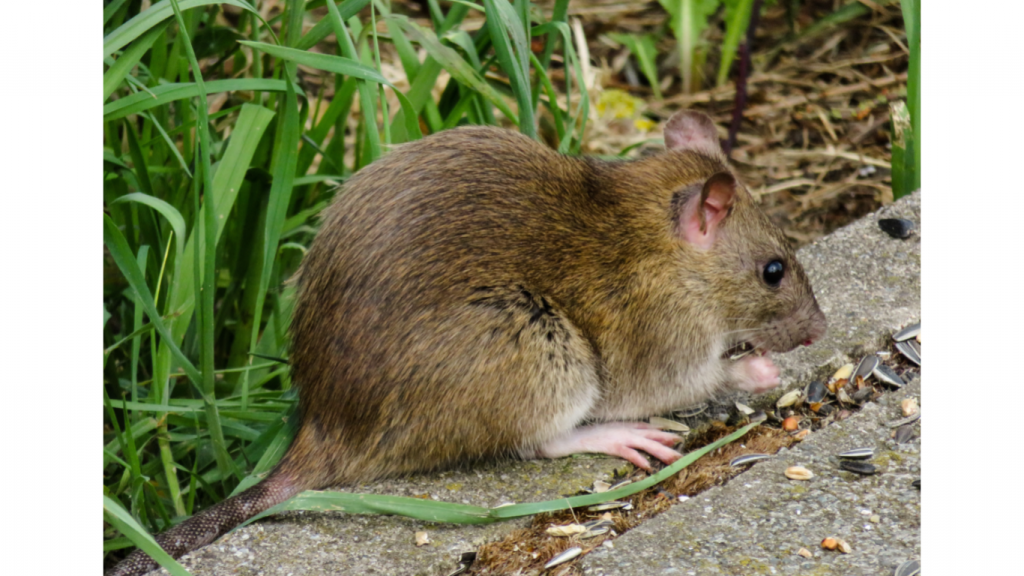BedBugs Numbers Reducing, But For How Long?
Request Quote here
One COVID upside: The pandemic kept bedbugs at bay?
That’s good news for London, one of the country’s top locations for the pest. The bad news: The insects aren’t gone.
They latch onto clothes and luggage in search of human blood. But less travel during the pandemic has helped keep away these unwanted visitors: bed bugs. Pest professionals have gotten fewer calls over the last year in part because the insects, which like to settle into mattresses, haven’t been able to spread as widely. Bed bugs typically spread through human movement and can be found anywhere humans linger, including homes, hotels, hospitals and cars. Their bites are painless but they are difficult to eliminate. They were nearly eradicated in the UK in the 1940s because of restrictions on pesticides, but the bed bug population spiked again in the early 2000s with an increase in international travel.

Are they gone from the UK?
No!! Bedbugs can lay dormant for up to a year without feeding. Therefore properties such as houses of multiple occupancy (HMO’s) that may have been empty through the pandemic, partly due to people moving out for outside space or work related matters, will soon become lived in again, where this pest will come out from hiding. We are confident in saying their numbers have reduced dramatically in the UK but they are not gone and sadly, never will be with the ease and frequency of travel.
What are the tell tale signs?
1. Small bugs or tiny white eggs in the crevices and joints of your mattress and furniture – use a bright torch to check for these.
2. Bites on your skin.
3. Tiny black spots on your mattress – this could be their dried poo.
4. Mottled bedbug shells – bedbugs shed their skin as they grow.
5. Blood spots on your sheets – these can occur if you squash a bug after it has fed.
6. An unpleasant, musty scent in your bedroom.
If you have bites and they are incredibly itchy, mild steroid cream or antihistamine tablets can relieve them. Scratching can lead to bacteria entering the bite which can cause infections. See your GP if you’re worried you have infected bedbug bites.

What to do if you see one?
- Wash infested bedding and clothes on a hot wash (60C) or put them in a dryer on a hot setting for 30mins.
- Use a vacuum cleaner to suck up any bugs you can see – then throw away the contents in a sealed bag.
- If you have a heavy infestation, consider throwing away your mattress and use a plastic mattress cover to stop bedbugs getting in or out.
Bedbugs are very difficult to get rid of so If you suspect you have an infestation, professional help is your best bet. Contact your local council or a pest control firm who will help use treatments like insecticides to get rid of the bedbugs.







